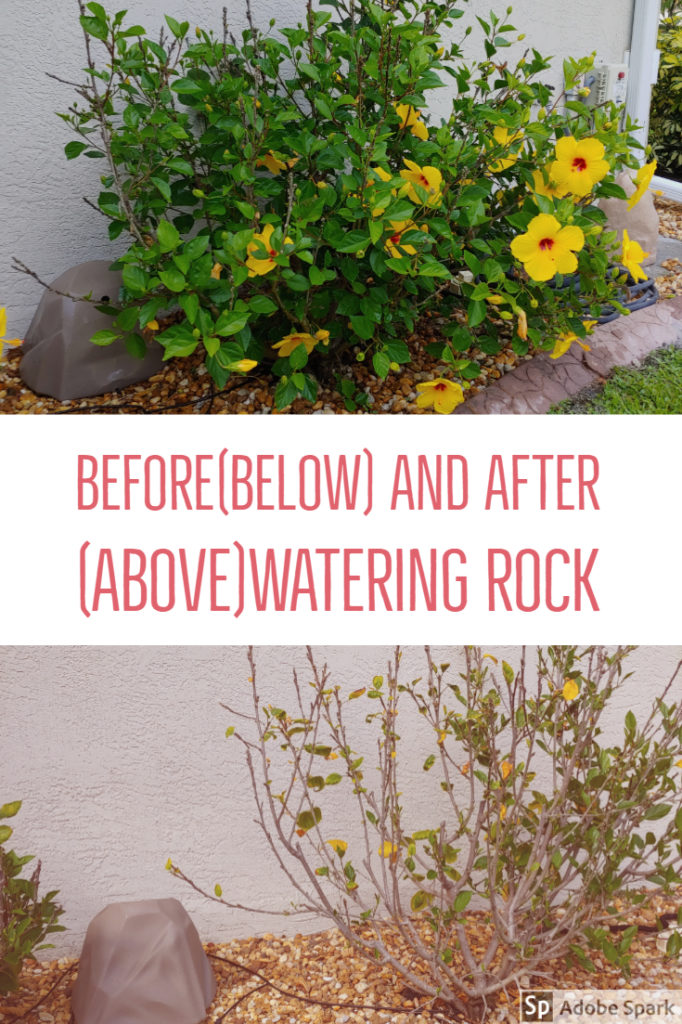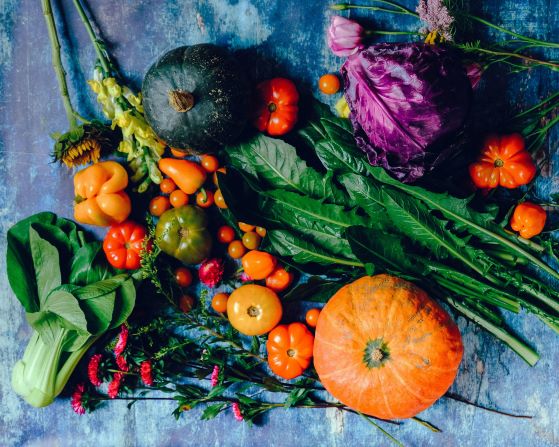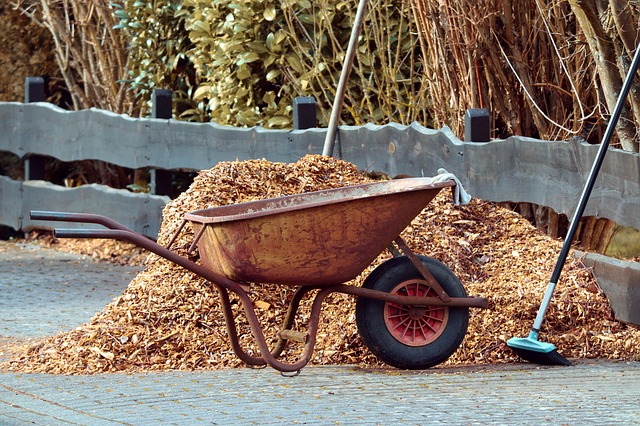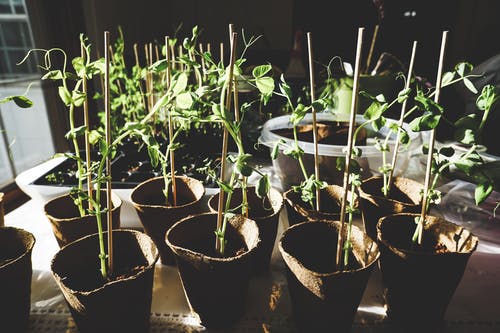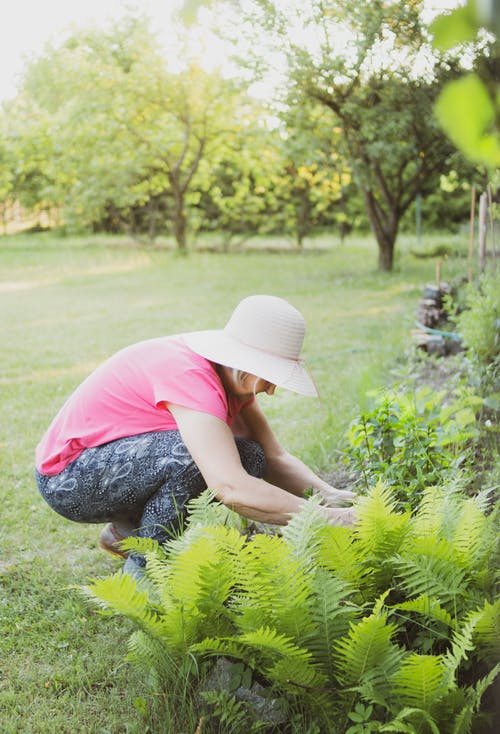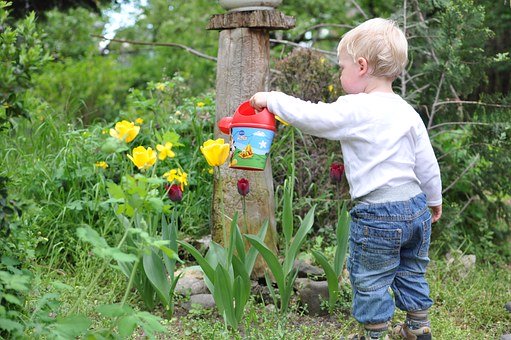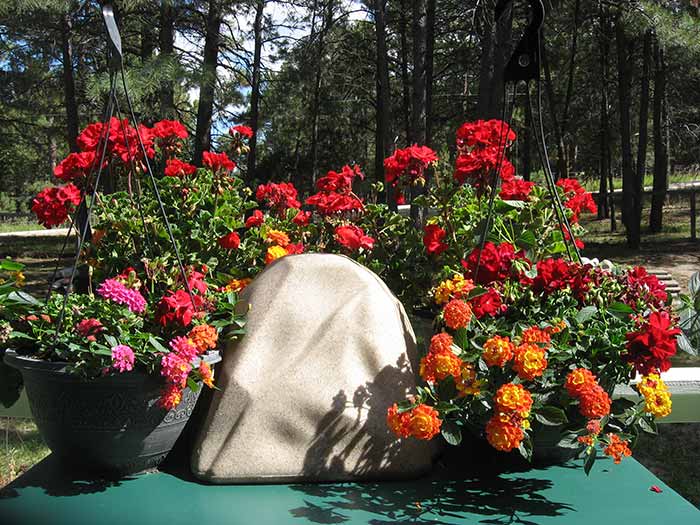Protecting Produce in Your Garden
Gardening is hard. It seems easy. It seems like all you need to do is take some seeds and sprinkle them in the dirt, and plants grow. If you are a gardener, you know it’s more than that. Consider protecting produce in your garden. Whether you are planting flowers or vegetables, gardening is a lot of work. But it is rewarding. It’s an amazing feeling to walk out into your garden and see what you’ve labored over producing fruit or producing flowers.
It is also extremely disappointing and infuriating when you check on your plants, and you find that something has eaten them. Or there are bugs all over them. There are things you can do to stop this from happening or reduce the risk to your plants.
1. Fences
If you have had a problem with pests, a fence is your best option. A sturdy fence will help keep out some of the larger pests that like to eat your vegetables. You can put the fence either around your yard or just around the plants that the pest eat. If pests that burrow are a concern, you should put the fence at least an inch into the ground.
2. Mulch
If you do not have mulch in your flower beds or your vegetable garden, you should. Mulch will help your soil retain moisture which means you won’t have to water them as much. Mulch also keeps the dirt away from the plant, especially when you water them. If you have neighborhood cats that like to roam your flower beds, mulch will stop them because they don’t enjoy walking on it. it will definitely help protecting produce in your garden.
3. Plant Barrier Plants
You can use certain plants to keep certain pests away. For example, if you have a deer problem, plant rosemary, garlic, and oregano. These natural pests repellants can keep certain animals away, and you can use them in the kitchen. It all works out.
4. Use Pots and Raised Beds
If animals eat your produce, you may want to consider putting your plants in pots or a raised bed. Elevating flower pots and raised beds at least 2 feet can keep rabbits from eating your produce. You could also try window boxes to keep the pests out. If you are still concerned with pests getting to your plants, you can put a little fence around the top of the pot. This would ensure that rabbits and other pests have a hard time getting to your produce.
5. Conceal Compost
If you use a compost heap that is out in the open, try covering it up. Compost attracts some pests, and then once they get into your yard and see the other food you have there, they won’t want to leave. If you put your compost in a self-contained bin, you can keep certain pests out of your yard. Your compost heap could attract skunks, possums, and raccoons. And you don’t want them in your yard. This If you do not have mulch in your flower beds or your vegetable garden, you should. Mulch will help your soil retain moisture which means you won’t have to water them as much. Mulch also keeps the dirt away from the plant, especially when you water them. If you have neighborhood cats that like to roam your flower beds, mulch will stop them because they don’t enjoy walking on it. it will definitely help protecting produce in your garden.
6. Repellants
You use a repellant to keep certain pests away. There are smell repellants and taste repellants. It should be said that sometimes they work and sometimes they don’t. Because certain pests don’t like certain smells, repellants are sprayed on plants to keep them away. You spray taste repellants on the plants, and when a pest tries to eat them, the taste disgusts them. It may make them sick. Now, these repellants are designed to not harm the animals. It just reminds them to stay away. If you use repellants, then you should keep them away from your pets.
7. Scarecrows
You can use metallic streamers, scarecrows, or bird tape to keep birds away. This could be especially helpful if you have just planted seeds. The downside to having a scarecrow is that you have to move it around every day. The birds can get used to seeing the scarecrow, so it won’t have the effect that you want if you keep it in the same spot.
8. Remove Sick Plants
If you see any sick plants in your yard, remove them. Leaving sick plants can spread the sickness to the soil. This could cause other plants to become sick, as well. As soon as you see a plant that has been ravaged by pests or disease, remove it as quickly.
9. Natural Sprays
You can use pesticides or insecticides to keep bugs off of your plants. Sometimes they work, and sometimes they don’t. If you want to use something natural and organic, you can try garlic spray, salt spray, and mineral oil.
10. Keep the Foliage Dry
Keep the leaves of your plants dry. Wetting the foliage can promote pests and spread disease. If you have to water the plants from above and get the leaves wet, try to do it in the morning or early in the day. This way, there will be time for the sun to dry the leaves before it gets dark.
11. Space the Plants Out
Spacing your plants out is very important. Make sure that each plant has enough space to breathe. If you plant them on top of each other, there is no airflow. This can breed disease.
12. Plant Collars
If you have cutworms, you may need a plant collar. To make one cut a hole in some cardboard and pull the plant through it. The collar should rest around the stem of the plant. This would stop the worm from working its way down to the stem and feeding.
13. Rotate
Rotate your plants. If you keep them in the same spot and the same soil, year after year disease and pests could attack the plant. Try to get your plants on a 4-year crop rotation schedule. This would ensure the plants are not in the same space year after year.
14. Remove Weeds
Weeds can be dangerous. Not only can they be a breeding ground for pests and diseases, but they could also stop nutrients from getting to your plant. The more you let them grow, the more they will take over. Remove them as soon as you see them.
15. Use Cold Water
Cold water could help keep aphids from clinging to your plants. Watering with cold water can cause them to let go of your plant and scurry away.
16. Plant Smelly Herbs
Planting herbs that certain pests and bugs don’t like could save some of your plants. Bugs don’t like certain herbs, so when you spread them around your yard, it could be a good deterrent. Plant basil, lemongrass, mint, and citronella.
17. Cloche Plants
If you have plants that are getting brutalized by pests you should try covering them. You can cloche your plants by using wire or PVC hoops. Cover them with cloth, then you can place them over your plants.
18. Don’t Overwater
You need to water your plants, but don’t overdo it. If you have a sprinkler irrigation system, make sure you don’t overwater your yard. Overwatering could cause fungus to grow, excess in mosquitos and other insects, and an influx in weeds. If your irrigation system is on a timer, make sure there is enough time between watering so your yard isn’t sopping wet.
We hope you have enjoyed this article. Please go to our web page for more informative gardening and irrigation articles. Also you can take advantage of our Free Book, ” 101 Ways to Save On Water in Your Landscape”.
